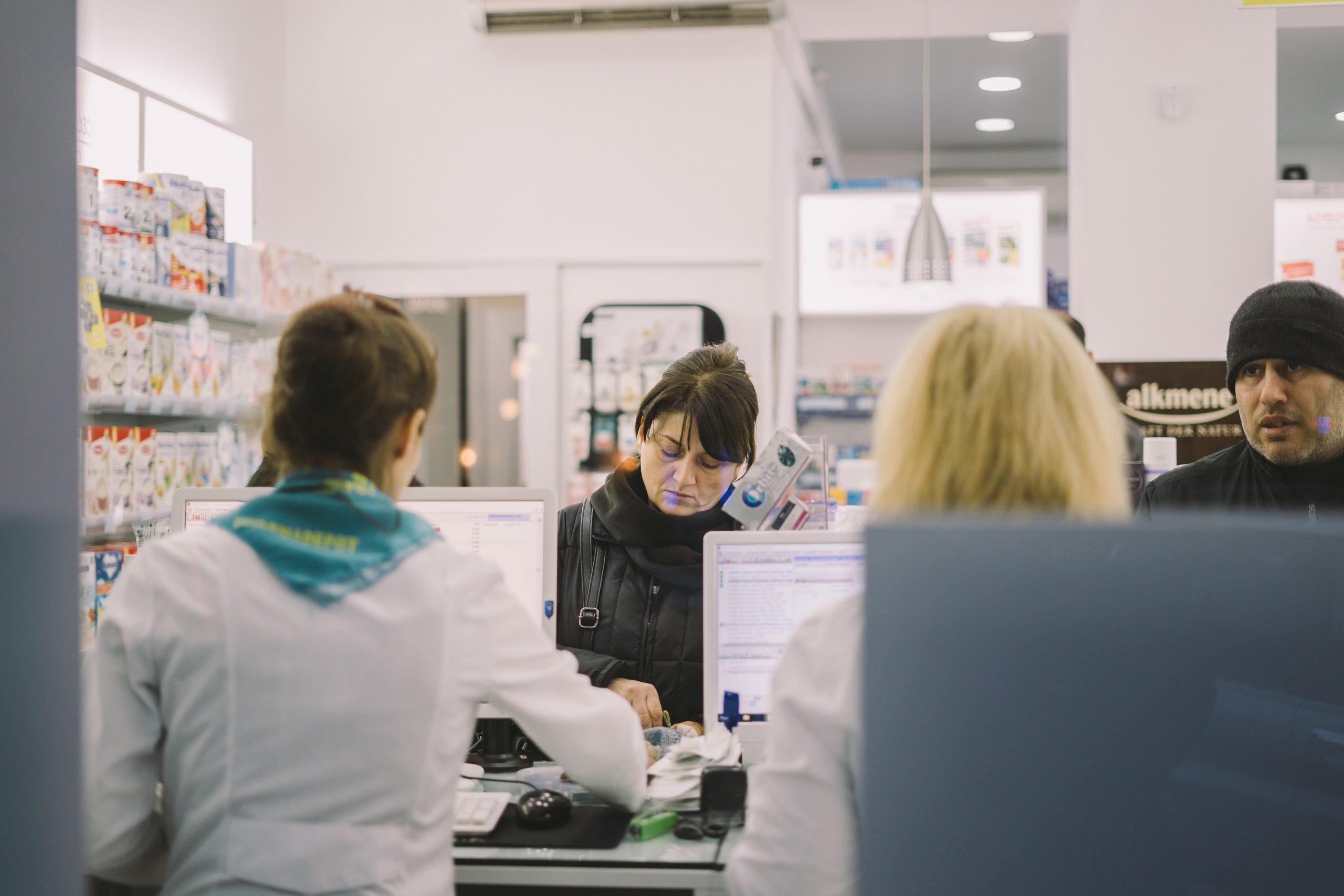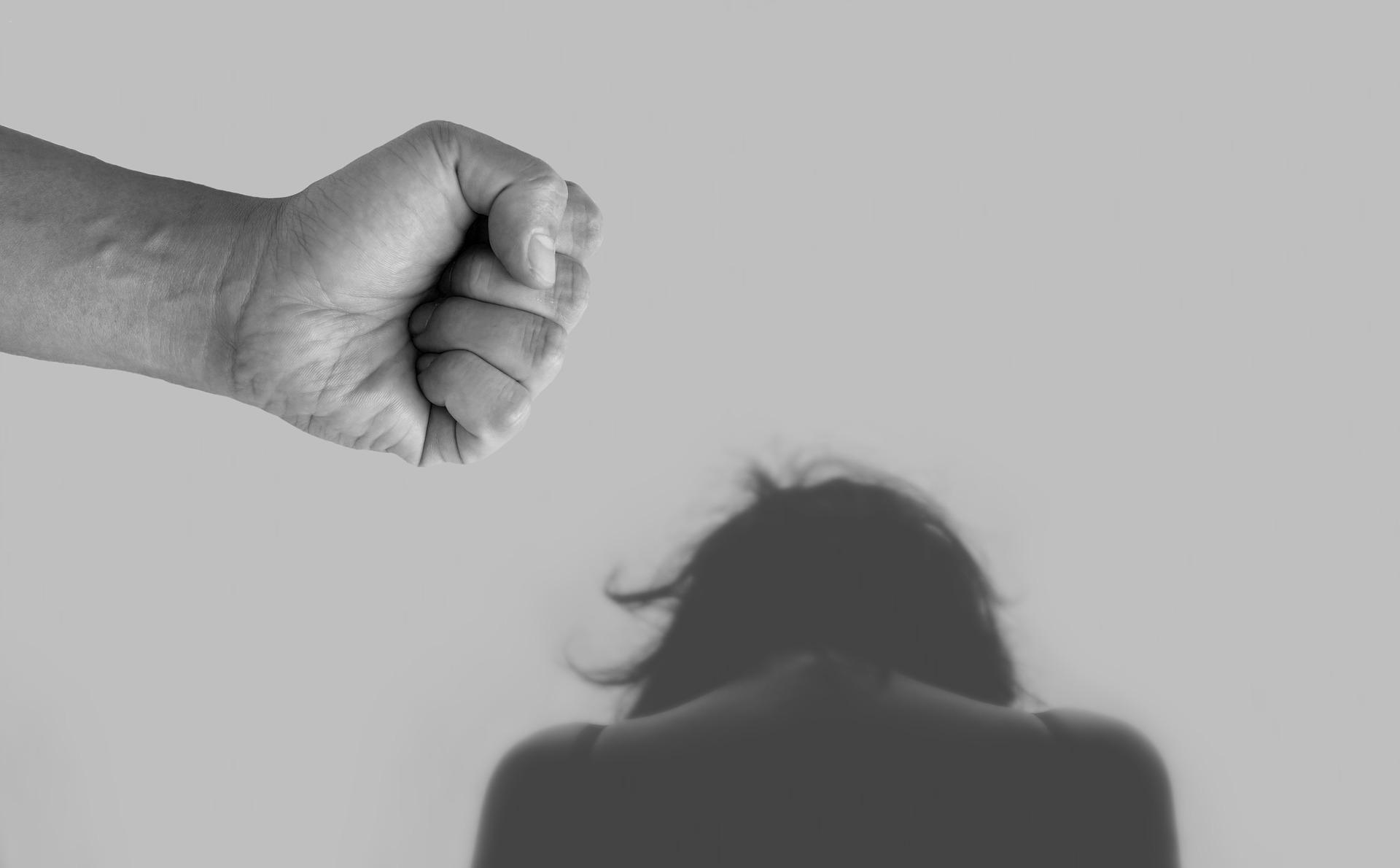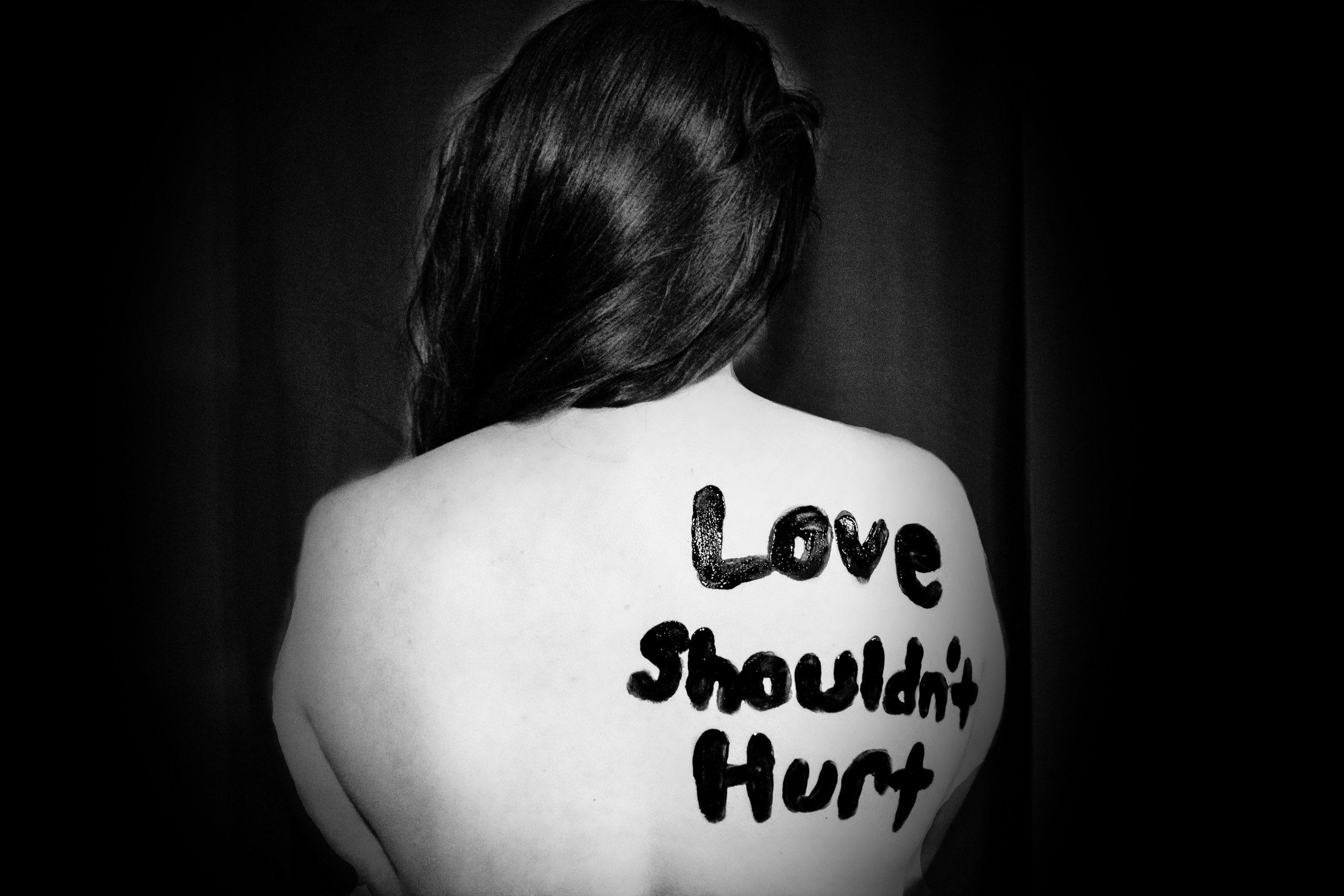The Rise In Domestic Violence During Coronavirus

Reports from across the world are showing that domestic violence is on the rise during the self-isolation our world is going through. According to the United Nations report, domestic violence has increased by anywhere between 25 and 33% or higher since lockdowns have gone into effect.
We are facing a massive crisis on top of a world pandemic.
Psychotherapist, relationship expert and recipient of the 2019 New York Psychotherapist Award, Babita Spinelli, LP, JD, notes that these increases are likely to due to multiple factors, including, “Job loss, strained finances, [a] disconnect from social support systems, powerlessness about the crisis [leading] to taking power over others…[and] fear [that] leads to anger.”
This means that more and more people are facing the possibility of danger at home with a partner or housemate experiencing any of these challenges.
France And The UK Take Steps To Help
France has taken additional measures to help those who have come to harm through domestic violence even before the COVID-19 lockdowns. Specifically, they have instituted code words that may be spoken by customers entering a pharmacy. These code words report the need for safe removal from a dangerous situation.
Domestic violence in France in 2019 resulted in more than 100 deaths. In times of high stress, fear, and isolation, these numbers are likely to climb as the domestic violence numbers skyrocket.
In the U.K., the lockdown regulations are offering a caveat for those in dangerous situations. The Health Protection Regulations 2020 declare that folks may not leave their homes, except under specific circumstances, including to“avoid injury or illness or to escape the risk of harm.”
Should America Institute Code Words, Too?

Former human rights lawyer and international law expert, Carli Pierson, responded, “Definitely. Every country should and it should be all the time.” Yes, numbers rise during a crisis such as this, but even 1% of women, children, or men being harmed is never an acceptable number – with or without an international pandemic raging.
Victims of Domestic Violence Often Don’t Report The Abuse
There are many reasons that people living in dangerous situations may not report harm.
Spinelli notes, “It’s extremely common that a victim will be fearful to call 911 or even leave an abusive situation. This is ongoing trauma and results in paralyzing fear because of the emotional and psychological control of the abuser [over] his or her victim. Social and physical isolation can also heighten fear and makes seeking help feel like a non-option. In addition, fear continues because the abuser blames the victim or threatens them with further abuse should they seek help. The victim fears retaliation. They also fear powerless and have low self-esteem. Building these up and helping restore takes time, can help an exit.”
Signs That Violence May Be Coming

According to Spinelli, some signs that a relationship is likely to become violent include:
- Regular loss of temper – generally on a daily basis
- Trouble controlling high-stake emotions, such as anger and frustration
- Threat of physical harm
- Frequent fights that are “bigger” than mild arguments
- Threatening physical gestures
- Increased use of drugs or alcohol
- Announcement of plans to threaten or hurt you or someone else
If you physically or emotionally flinch at the thought of your housemate or partner touching you, if you cower or avoid coming into contact with that person because of a strong sense of fear, you are likely to face violence from that person.
If you see any of these things happening, you need to address the issue now and free yourself of the situation at the first possible moment – before it becomes violent.
How To Leave A Violent Relationship
This is easier for me to write and speak to people I don’t know than for anyone in a potentially dangerous situation to read, but please read and take any actions possible. You are more valuable than you realize – you are beautiful, and you deserve safety.
If you sense violence is imminent, call 911. Don’t hesitate. Dial immediately. Even if you fear the other person will go to jail, call for help.
Pierson advises, “Call 911 and never turn back. Be ready to never go back and find a [domestic violence] shelter, if need be. If you don’t call, your life could be on the line. It’s about the batterer’s choices: you’re never responsible for other people’s choices, especially not for choosing violence.”
Unfortunately, finding a domestic violence shelter presently may be difficult. Spinelli states that due to COVID-19 restrictions, “shelters are closing or under-resourced leading to no options but to stay home in a violent situation.”
If you cannot go to a shelter before the offender is released from custody, call a domestic violence hotline to receive immediate instructions on how to leave the situation safely. The folks here are trained and equipped to help you find safety.
You can also call 1-800-799-7233, or 1-800-787-3224. If making a phone call isn’t safe for you, visit thehotline.org or text LOVEIS to 22522.
If you sense that violence is coming, Pierson advises, “Make an ‘escape bag,’ which includes the essentials one might need. For instance, important documents like birth certificates, driver’s license, credit cards, passport, etc. Sometimes batterers control those documents so that isn’t always a possibility. Other things to keep in that bag hidden away: change of clothes for 3 days, toothbrush, brush, sanitary pads, any medications that you need–the basics you might need for a few days to get by.”
She also adds, “If there is a way to let people know you are in danger then do so. Make sure to delete any messages. Many batterers control phones or download apps on their partner’s phone to control the information–so that’s not always safe.”
Our Responsibility

“Honestly, it’s a scary time for [people] living in situations of domestic violence,” Pierson says.
The world has changed for who knows how long, isolating individuals with their families, housemates, and partners. On a good day, living in tight quarters can be challenging. On a bad day, tempers flare and fear rises. Bodily harm may follow.
Self-isolation is necessary for fighting the spread of coronavirus. An unfortunate side-effect is a world of misery for some and a greater possibility of danger for others. We must not forget those who are in these vulnerable positions.






